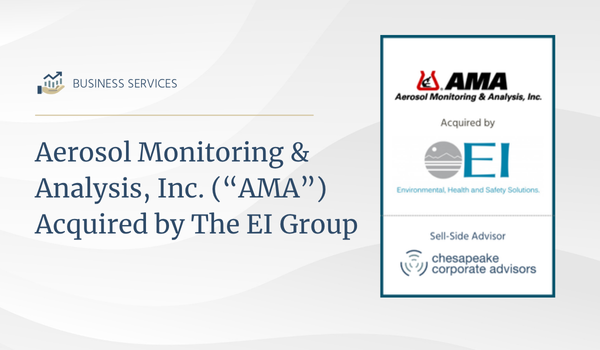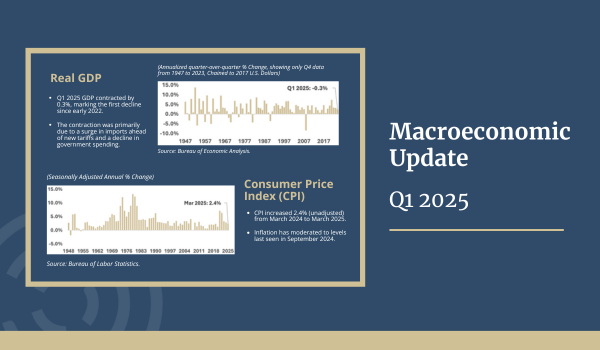You may have heard the term “business valuation” in the context of selling a company. But a business valuation is much more than a tool to assess how much a buyer might pay for the company you have spent years building. At any stage of your business’ lifecycle, a valuation can create a competitive advantage.
What is a Business Valuation?
A business valuation is an appraisal of what your business is worth at a given point in time. Though there are many methods for valuing a business, the most common are the following.
- The asset-based approach, typically used for investment holding companies or asset-intensive operating companies, bases a company’s valuation on its net asset value (the fair market value of the company’s assets less the fair market value of its liabilities).
- The income-based approach values the business based on the present value of projected future cash flows after adjusting for time and risk.
- The market-based approach arrives at a valuation by comparing precedent transactions that have occurred in the industry and applying a multiple (most likely of EBITDA – earnings before interest, taxes, depreciation, and amortization) to the subject company.
When Do You Need a Business Valuation?
Business owners may engage a professional firm, such as a corporate advisory firm, to perform a business valuation after triggering events such as:
- Your financial planner needs to understand the value of your business, especially if it represents a significant personal asset and a large percentage of your net worth.
- Your CPA requests it for gift and estate tax planning.
- You are considering adding new partners or buying out exiting partners who have equity in the business.
- You are negotiating a divorce settlement and need to know the business’s worth to divide the marital assets fairly.
- You are preparing to sell the company and want to ensure your expectations align with the current market.
While these are all common scenarios that may require a business valuation, you should not wait for such events to happen. Instead, it is best to take the more disciplined approach of developing an annual valuation as a strategic planning tool.
How Can a Business Valuation Drive Growth?
A simple look at historical income statements may reveal that revenue is on a growth trend. But in many cases, the top-line revenue growth does not actually enhance valuation. The appraisal process is designed to uncover such instances, through a comprehensive approach that considers the company’s underlying financial profile, growth opportunities, risk associated with achieving future cash flows, and industry and market dynamics.
When you have a valuation performed, you will likely focus on that all-important number: What is my business worth? But knowing the value drivers behind the number is equally important.
- Perhaps your revenue is growing steadily—but a single customer accounts for one-third of your revenue.
- Maybe you were able to cut expenses by consolidating suppliers—but now you are highly dependent on a single supplier who is experiencing supply chain challenges.
- You might have seen a significant surge in sales last year—but much of the growth came from low-margin products.
A robust business valuation exercise digs beneath the surface to understand what is driving your business value and identify ways to maximize cash flow potential while reducing risk. For example, an analysis of your revenue streams might reveal opportunities to increase pricing or refocus your sales effort on higher-margin products. A comparison of your company’s metrics to industry benchmarks can help you understand how you are performing relative to competitors and decide where to best allocate your resources.
Of course, a business valuation also is essential if you are planning for a future sale, as it provides a good indication of what a hypothetical buyer would be willing to pay. By knowing if the business is worth what you think it is, you will be equipped to decide whether it is the right time to sell—or if you should work on creating additional value before approaching the market.
The best advisors take time to learn each unique business model, industry trends and value drivers, and the overall M&A market when developing a business valuation. By partnering with a seasoned corporate advisory firm with actual transaction experience, you will gain a strategic planning tool and a strong competitive advantage.





